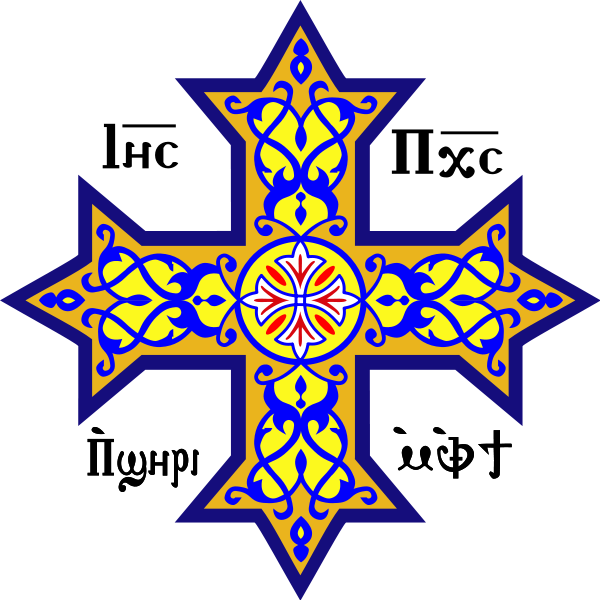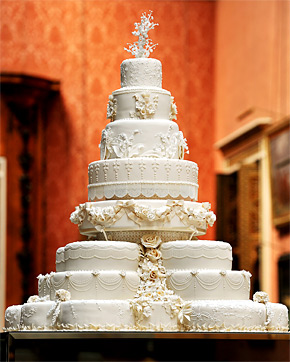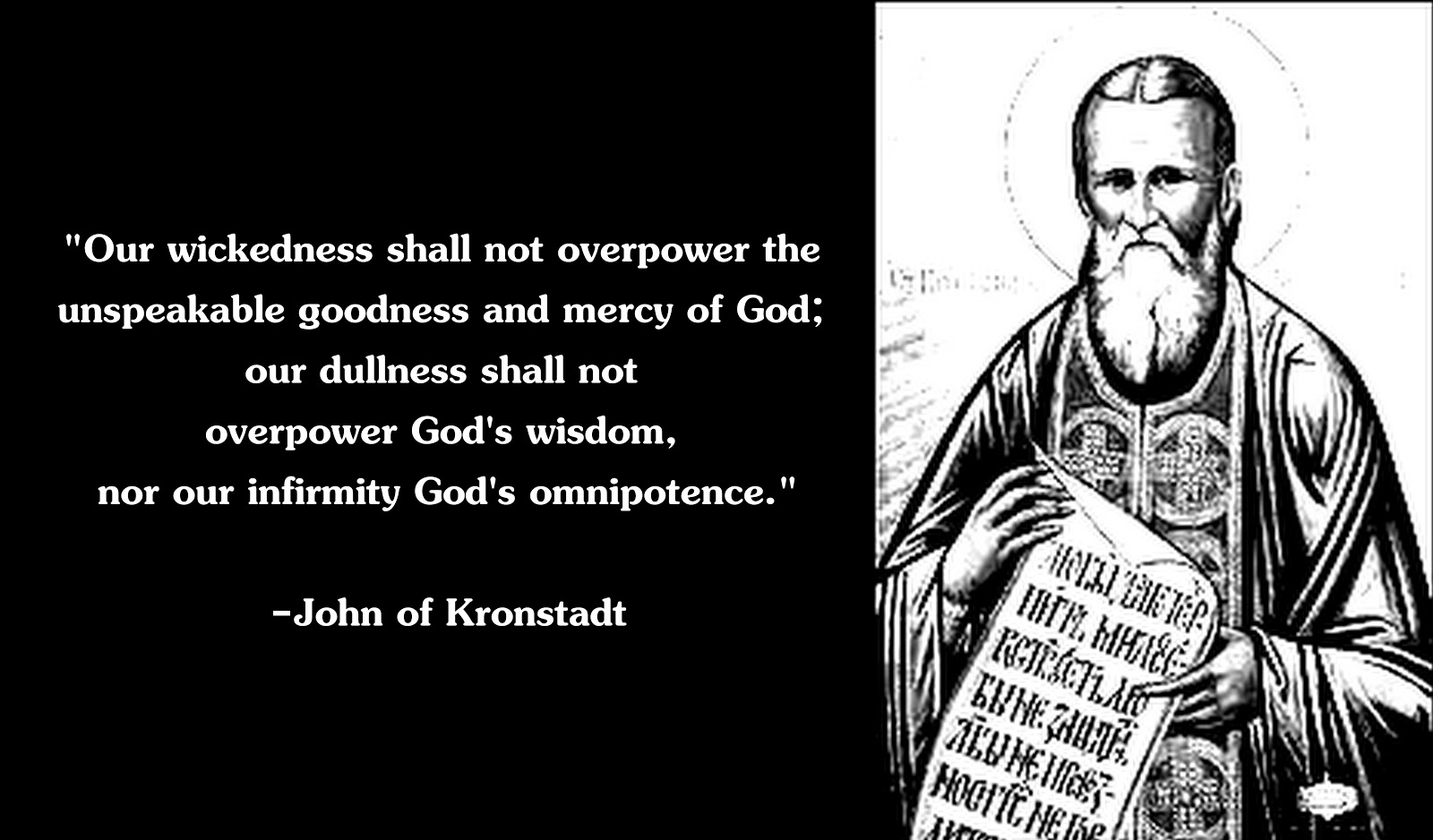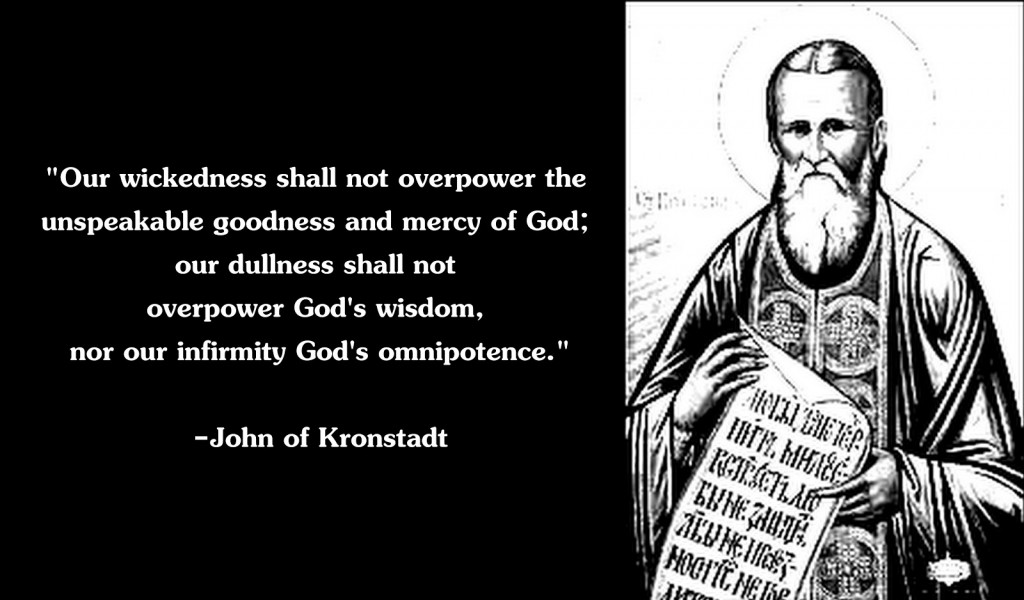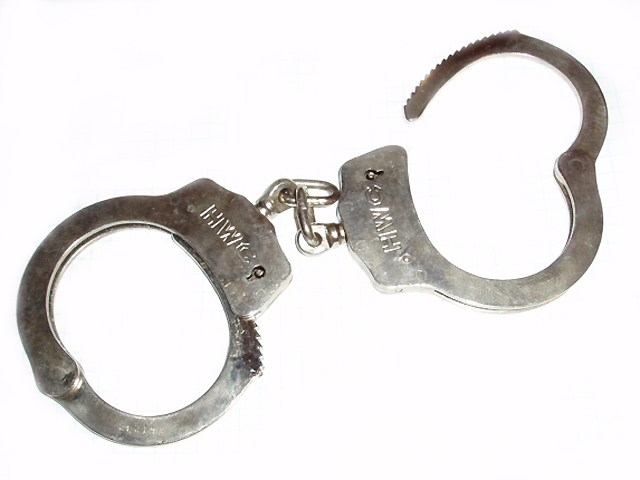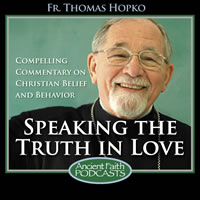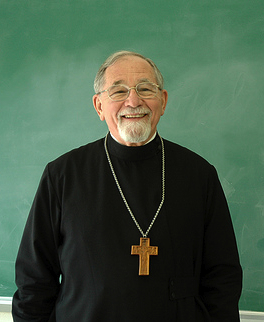
One of my all time favourite people passed away yesterday. Fr Thomas Hopko was a priest of the Orthodox Church in America whose distinctions are too many to list here. What I liked most about him though, was listening to him speak and reading things he wrote. He displayed a rare gift for insight and understanding, the kind that leads to a profound wisdom. His knack for synthesising new ways to express the ancient Orthodox Christian faith and Tradition to modern life in ways not only relevant, but even inspiring, was remarkable. He combined this with an indomitable humility and sincere compassionate love for all. The motto of one of his podcast series, “Speaking the Truth in Love”, nicely captures his courageous contribution to desperately needed Church reform in many areas.
He will be sorely missed by many in the Christian community. One of them is Samuel Kaldas, who provides a much more fitting eulogy for Fr Tom than my brief words in the following guest post…
Fr. Thomas Hopko fell asleep in the Lord today. As a theologian, he had a remarkable gift for delivering important and complex ideas to a non-academic audience. Through his constant (and ridiculously high) output of podcasts, sermons, books and articles, he became a bridge between the “ivory tower,” academic world of the Seminary and the “real-world” of the Orthodox faithful. In many ways, his work as an educator achieved precisely what his father-in-law Fr. Alexander Schmemann identified as the chief task of the theologian: to supply “that essential link between the Tradition of the Church and the real life, to assure the acceptance of the faith by the faithful.”
This was only possible because of his great humility: he did not spend his time on original research that would only be read by professional theologians, though he certainly had the intellect, and encouraged many other brilliant students to do such research during his time as Dean of St. Vladimir’s Seminary. He did not trumpet himself as a new and exciting voice in academic theology. Instead, he was always concerned with the Church outside the Seminary. As he himself put it:
